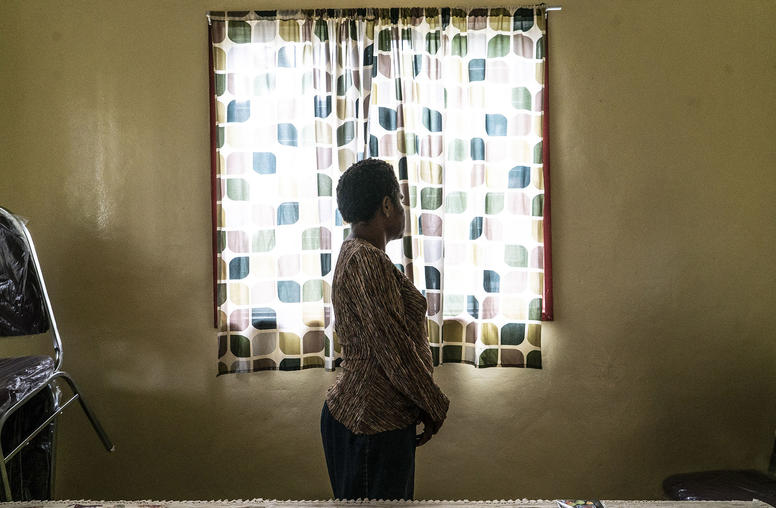Gender Equality for Global Security
The new Women in International Security (WIIS) "Progress Report on Women in Peace and Security Careers: U.S. Executive Branch" is the first report to examine women's representation and career experiences in international security in the U.S. government sector. A panel of USIP and WIIS experts will discuss the report's implications and the next steps to fulfilling its recommendations.
At the highest levels of the U.S. government, women are increasingly occupying high-ranking, visible power positions in national security and foreign policy. There have been great strides in recent decades, but it is also clear that much more needs to be done to support women's leadership.
The new Women in International Security (WIIS) "Progress Report on Women in Peace and Security Careers: U.S. Executive Branch" is the first report to examine women's representation and career experiences in international security in the U.S. government sector. The report includes a series of key findings and recommendations from extensive discussions with women about representation, leadership, mentoring and work-life balance. A panel of USIP and WIIS experts discuss the report's implications and the next steps to fulfilling its recommendations.
Speakers
- Jolynn Shoemaker
Executive Director, Women in International Security (WIIS) - Janine Davidson
Deputy Assistant Secretary of Defense for Plans, Office of the Secretary of Defense - Pamela Aall
Vice President, U.S. Institute of Peace - Tara Sonenshine, Welcome
Executive Vice President
U.S. Institute of Peace - Kathleen Kuehnast, Moderator
Gender Adviser, U.S. Institute of Peace



